The Guardian
-
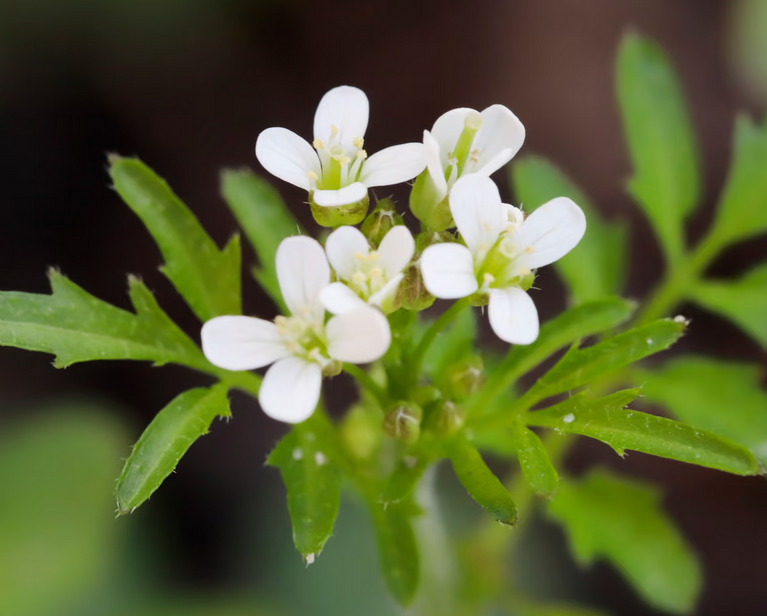
Plantwatch: Neighbouring plants warn each other about incoming stress
A study of Arabidopsis thaliana plants found that plants growing together activated genes to protect themselves, while isolated plants did not
-
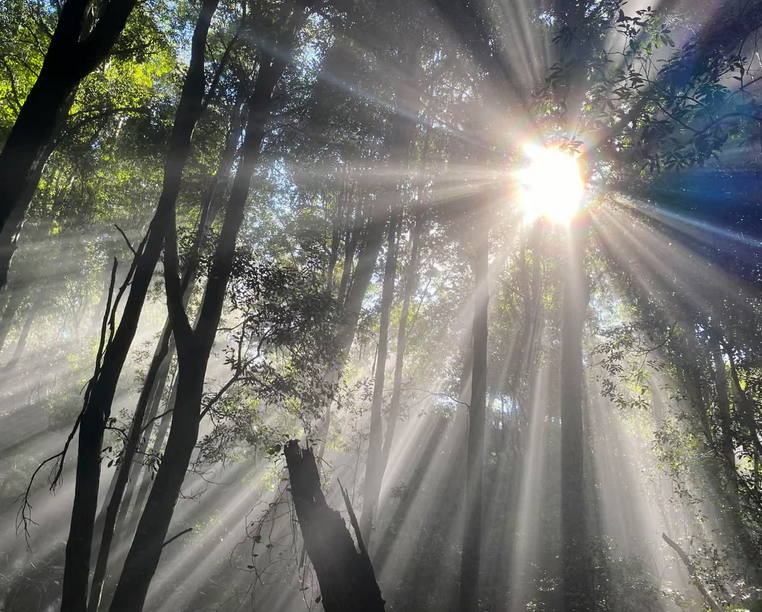
We can safely experiment with reflecting sunlight away from Earth. Here’s how
Reflecting a small fraction of incoming sunlight to reduce global heating is not a new idea. It is time to safely experiment
-
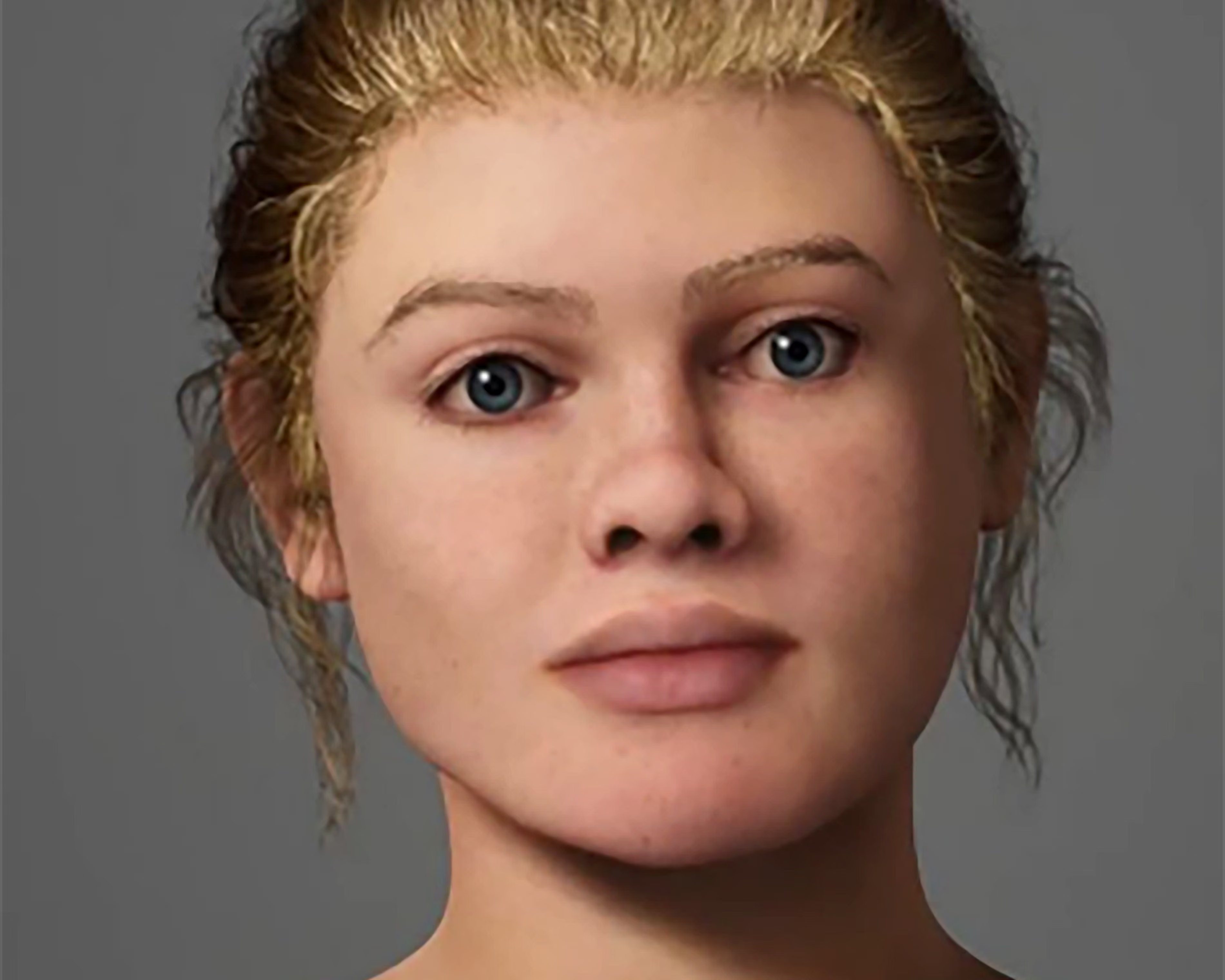
Beachy Head Woman may be ‘local girl from Eastbourne’
DNA advances show Roman-era skeleton, once hailed as first black Briton, came from southern England
-
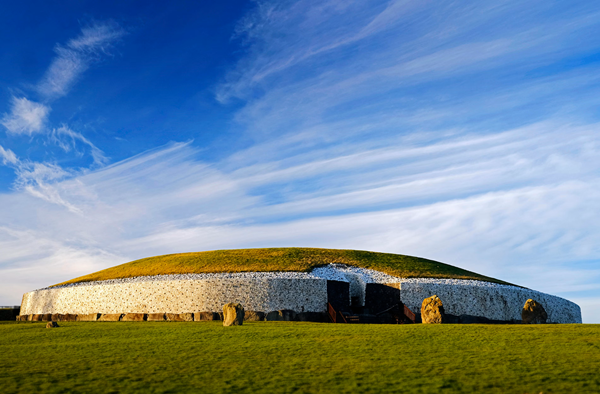
Scientists uncover surprise origin of wispy cirrus clouds
These delicate cloud systems appear to be seeded by massive atmospheric waves thousands of miles away
-
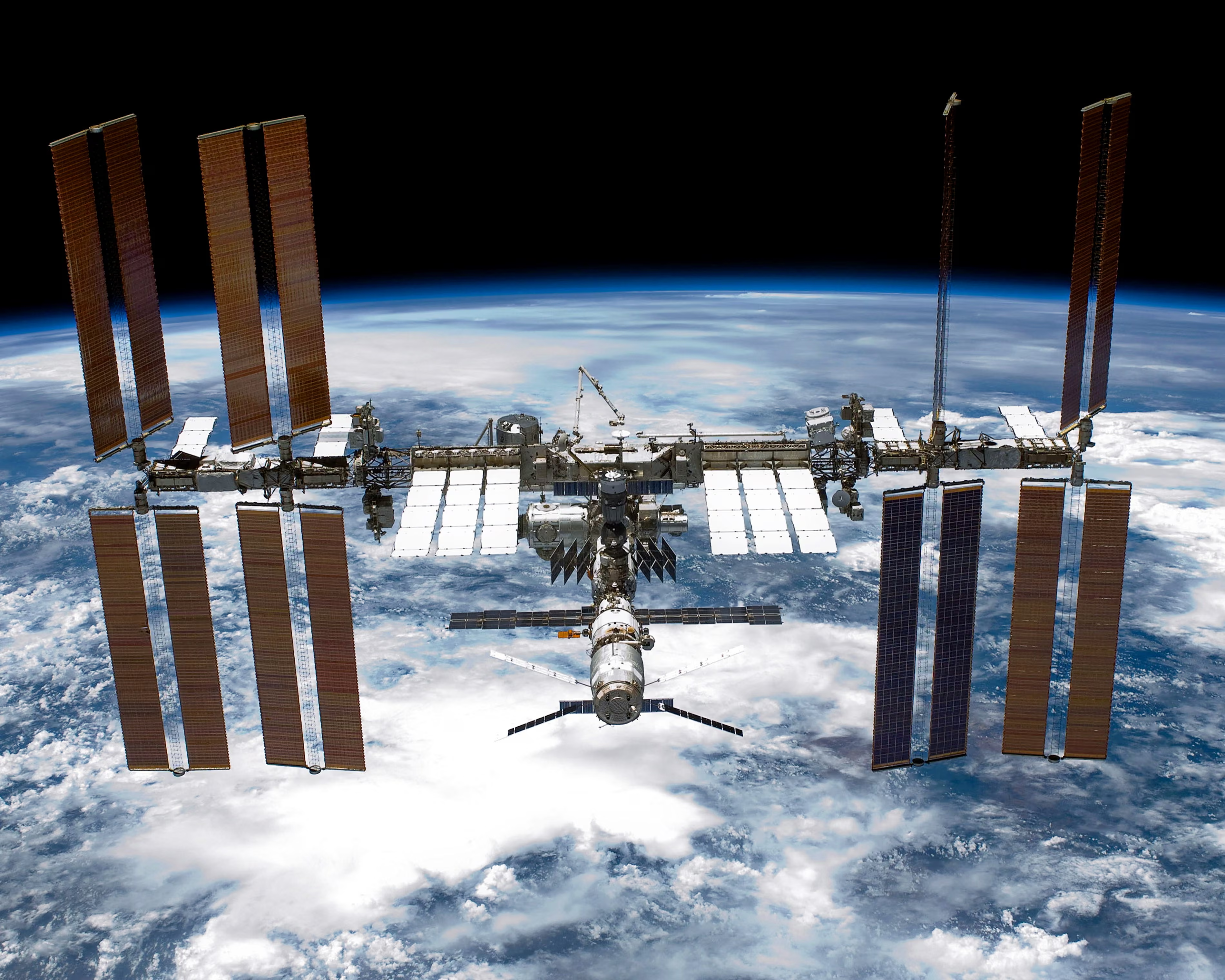
Moss in space: spores survive nine-month ride on outside of ISS
Scientists say plant’s resilience suggests it could help with oxygen generation or soil formation on space missions
-
![[:es] Coronavirus hits men harder. Here’s what scientists know about it [:]](https://katedra.eus/app/uploads/2020/04/PNG-1-1.png)
[:es] Coronavirus hits men harder. Here’s what scientists know about it [:]
[:es]The early evidence leaves little doubt that Covid-19 poses a greater risk to men – but are the reasons biological or cultural?[:]
-
![[:es] Mystery mud on new volcanic island baffles Nasa scientists[:]](https://katedra.eus/app/uploads/2019/02/3718.jpg)
[:es] Mystery mud on new volcanic island baffles Nasa scientists[:]
[:es]Island sprang up near Tonga three years ago, giving researchers a glimpse of how flora and fauna colonise it[:]
-
![[:es]Faecal transplant researchers identify ‘super-pooper’ donors [:]](https://katedra.eus/app/uploads/2019/01/5120.jpg)
[:es]Faecal transplant researchers identify ‘super-pooper’ donors [:]
[:es]Study finds stool transplants from some donors are far more effective than others[:]
-
![[:es]Everyone is biased, including you: the play designed by neuroscientists [:]](https://katedra.eus/app/uploads/2015/12/1200.jpg)
[:es]Everyone is biased, including you: the play designed by neuroscientists [:]
[:es]We all cling to beliefs despite the evidence. Immersive theatre experience The Justice Syndicate aims to show why[:]
